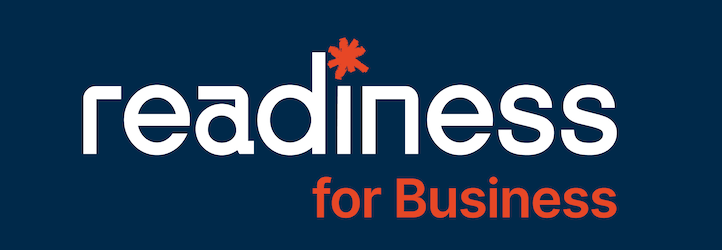By Christi Malthouse
Silly season is upon us, whether we like it or not.
While COVID lockdowns had us craving social interactions and freedom of movement, as our lists of gatherings and obligations grow, it may start to feel overwhelming.
And overwhelm equals stress.
We’ve had enough stress to deal with in the past two years; no one wants to be stressed this Christmas season – right?
So how do we avoid it? We set boundaries.
New York Times bestseller and research professor at the University of Houston, Brene Brown says boundaries keep us from feeling angry and resentful about over committing ourselves.
“Daring to set boundaries is about having the courage to love ourselves, even when we risk disappointing others. We can’t base our own worthiness on others’ approval,” she says.
In fact, Brown’s personal mantra is, “Choose discomfort over resentment,” reminding her that she is making a choice that’s critical for her future wellbeing – even if it’s not easy in the moment.
In8 Resilience founder, Hollie Seibold clarifies why boundaries, especially during a busy season, are so important.
“Boundaries allow us to change the role that we may have played for years, in order to prioritise our own needs and the needs of our partner and family.”
Seibold says boundaries allow us to give at a sustainable rate, while drawing a line between what we are willing to do and what others expect of us.
So how do we set boundaries for ourselves, realistically?
Seibold says there are four main principals involved.
- If we have no boundaries, we are placing other people’s needs above our own.
- Standing up for yourself is not selfish.
- Your boundaries may make others uncomfortable but that is not your burden to bear.
- People won’t know your boundaries if you don’t verbalise them. They are not mind readers!
There were many challenges associated with COVID and multiple lockdowns, though perhaps one positive, accordingto Seibold, was the chance to reset our lives through re-evaluating what was truly important to us.
“Deciding what it is you need for your mental wellbeing, and then asking for it through boundary setting is not selfish – it is self-care.”
Seibold says you must be clear on what you want and need when setting boundaries.
Steps to consider when setting boundaries:
Step 1:
Ask yourself what’s most important to you at this time of year? What makes you feel happy? What makes you feel stressed? Answering these questions will help you define your own needs, and the needs of your family, including emotional, physical, spiritual and social needs.
Step 2:
Make sure you are on the same page as your partner. What are the non-negotiable for both of you to feel happy and connected? Ensure you do this step consciously and not between tasks.
Step 3:
Clearly communicate your plans well in advance. Be open and honest, simple and direct. Telling someone you’re not going to an event with 24-hours notice does nothing to help you or the party host. Think about which invitations are the most important? How much alcohol and food you want to consume? Who does the cooking and cleaning up at celebrations?
Yes boundaries can be scary to implement, but your own wellbeing is your own responsibility.
“The only people who get upset about you setting boundaries are the ones who were benefiting from you having none.” (– Unknown.)
Of course there are going to be challenges when it comes to setting boundaries for ourselves, particularly at a time of year when people gather and celebrate, often.
Family and friends have unspoken expectations of us that can be difficult to avoid. While many of us hold value and a sense of self-worth when we take on tasks to help others.
“The only people who get upset about you setting boundaries are the ones who were benefiting from you having none.” (– Unknown.)
Ultimately however, it’s our own health and mental wellbeing that’s put at risk by placing the needs of others ahead of ourselves.
Perhaps the best Christmas present you’ll give, and receive, this year will be the ability to put yourself first.
Readiness is here to help. To learn more about how Readiness and in8 Resilience can support the wellbeing of your employees, click here or contact us.


